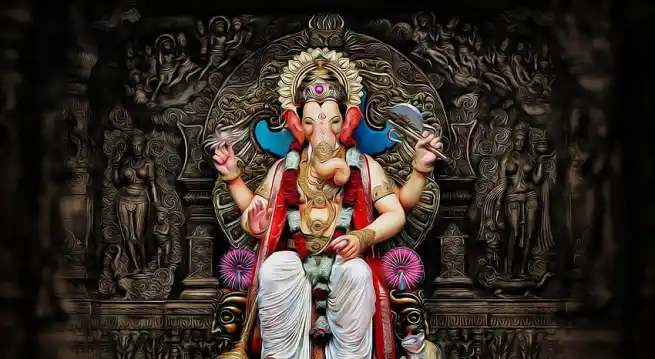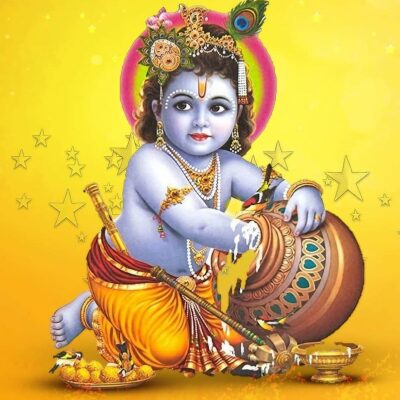Bangalore Halasuru Someshwara Temple,

Address
Bangalore Halasuru Someshwara Temple,
Someshwara Temple Rd, Halasuru,
Bangalore, Karnataka 560008
Moolavar
Someshwara
Introduction
- Location: The Halasuru Someshwara Temple is located in Halasuru (also known as Ulsoor) in Bangalore, Karnataka, India. It is one of the oldest and most prominent temples in the city, dedicated to Lord Shiva.
- Historical Significance: This temple dates back to the Chola period, with later modifications made during the Vijayanagara Empire under the rule of Hiriya Kempe Gowda II.
- Temple Management: The temple is currently managed and maintained by the Karnataka government.
- Unique Features: The temple is known for its sculptures, such as depictions of Ravana lifting Mount Kailash, Durga slaying Mahishasura, and Lord Shiva’s wedding to Goddess Parvati. It is particularly popular during Maha Shivaratri.
Puranic Significance:
The consecration of the Halasuru Someshwara Temple is linked to various legends.
- Legend of Kempe Gowda (Founder Version):
- According to Benjamin Lewis Rice’s Gazetter of Mysore, Kempe Gowda, the ruler of Yelahanka, while on a hunt, found himself far from his capital. Exhausted, he rested under a tree and fell asleep. In a dream, the local deity Someshwara appeared and instructed him to build a temple in his honor using a buried treasure. Following this guidance, Kempe Gowda discovered the treasure and built the temple, receiving divine favor in return.
- Legend of King Jayappa Gowda (Alternative Version):
- Another version of the legend attributes the temple’s creation to King Jayappa Gowda (1420–1450 CE) from the Yelahanka Nada Prabhus dynasty. After resting under a tree during a hunt, Jayappa received a dream in which a man told him that a Shiva linga was buried beneath where he lay. He retrieved the linga and initially built a wooden temple at the site. The temple was later renovated by the Yelahanka Nada Prabhus.
- Chola Dynasty Influence:
- Some accounts also attribute the original construction of the temple to the Chola Dynasty, with later renovations by the Yelahanka Nada Prabhus.
Special Features:
- Temple Architecture:
- The temple’s architectural plan follows Vijayanagara style but on a smaller scale. Key features include:
- A square sanctum (garbhagriha), surrounded by a narrow passage.
- The sanctum leads to a closed mantapa (hall) adorned with pilasters and sculptures in frieze.
- The closed mantapa connects to a larger, open mantapa with four projecting “bays” formed by four pillars.
- Yali pillars (mythical beast pillars) adorn the piers leading to the sanctum and facing outward from the open mantapa.
- The Brahma Samba, located to the east of the temple, stands 18 feet tall with a base radius of 2 feet.
- The temple’s architectural plan follows Vijayanagara style but on a smaller scale. Key features include:
- Sculptures and Artwork:
- The temple features several notable sculptures:
- A large pillar (kambha or Nandi pillar) stands near the entrance gate (gopura).
- The gopura itself showcases well-sculpted images of gods and goddesses from Hindu mythology.
- The open mantapa houses 48 pillars decorated with divinities in frieze.
- To the north is a Navagraha temple with twelve pillars, each representing a saint (rishi).
- The entrance to the sanctum has sculptures of two “door keepers” (dvarapalakas).
- Key mythological depictions include:
- Ravana lifting Mount Kailash to appease Lord Shiva.
- Durga slaying Mahishasura (the demon).
- The marriage of Lord Shiva and Parvati (Girija Kalyana).
- The Saptarishis (Seven Sages).
- The temple features several notable sculptures:
Festivals:
- The temple celebrates all Shiva-related festivals, with Maha Shivaratri being the most prominent and celebrated with much fanfare.








Century/Period
1500 Years Old
Managed By
Government of Karnataka
Nearest Bus Station
Halasuru
Nearest Railway Station
Bangalore Central Railway Station
Nearest Airport
Bangalore









